Internal opposition removed. Powerful capitals and political forces neutered. Enough overlapping responsibility in her team to ensure she’s the only possible arbiter of actionable power. By appointing a new slate of European commissioners in her own image, president Ursula von der Leyen this week ensured she will enter her second five-year stint at the head of the EU’s executive with an ever-tighter grip on the Brussels machine.
On Tuesday, von der Leyen unveiled a tapestry of political compromises. She handed out grandiose titles to important member states such as France, Spain and Italy while keeping the key levers of power in the hands of her allies — and herself.
A day earlier, she disposed of her most prominent internal critic, the erstwhile French commissioner Thierry Breton, with a deft piece of political horse-trading; convincing French President Emmanuel Macron to send a more amenable replacement in exchange for one of those grandiose titles.
In a maze of overlapping responsibilities and shared policy control, von der Leyen has unveiled a team of “equals” with enough complexity and chaos to ensure she is above the fray.
Even people involved in the formation of her team — known as the college of commissioners — describe it as “a matrix”, “a complicated structure” and “a lot of cross links”.
Those on the outside are more blunt.
“It’s deliciously balanced in a way that there are enough people on each issue to ensure they will never all agree,” said a senior EU diplomat involved in the lobbying for commission portfolios. “Which means she’s always going to be the one making the final decision.”
“Without a doubt, she’s coming into this next five years even stronger than before,” the diplomat added.
At an informal gathering of her new team of commissioners, von der Leyen encouraged the five incumbents who served in her first term to explain to the 21 newcomers what to expect. The message was clear: the supporting chorus might be different, but the lead actor remains the same.
“Welcome to The Ursula Show,” quipped one person in attendance.
An admitted workaholic, the slight 65-year-old lives in a small apartment on the 13th floor of the EU’s Berlaymont headquarters. Former office space has been refashioned into sparse living quarters, meaning she sleeps just footsteps from her desk.
“She’s the hardest working of all of us,” said a person who works closely with her. “It’s often brutal to keep up.”
Diligent and details-focused to the point of driving some of her aides to distraction, von der Leyen has over the past five years greatly expanded the power of her office at the expense of both EU institutions and the prime ministers and presidents she was appointed by.
She responded to the Covid-19 pandemic and Russia’s invasion of Ukraine by centralising decision-making around herself, delivering outcomes such as a pan-EU vaccine programme and a rapid sanctions programme against Moscow that was co-ordinated with the US White House.
As domestic political turmoil has weakened the clout of Macron and German Chancellor Olaf Scholz — two offices that have traditionally steered EU priorities — von der Leyen has pitched herself as the answer to Henry Kissinger’s mythical question: “who do I call if I want to speak to Europe?”.
Few decisions are now reached in Brussels without the approval or at least acquiescence of “the 13th floor”.
Critics say she routinely overstretches her powers and bypasses proper due process. She is subject to an ongoing legal demand to publish private text messages with Albert Bourla, chief executive of Pfizer, during the race for Covid-19 vaccine contracts.
But admirers, including many EU leaders, revere her ability to get things done by cutting through the byzantine layers of European bureaucracy.
Born in Brussels in 1958, where her father was one of the original German Eurocrats, von der Leyen enrolled at the London School of Economics in 1978 under a false name and police protection due to kidnap threats related to her father’s prominent political career.
She later graduated in Hannover as a doctor of medicine, before raising her young family in California for four years while her husband worked at Stanford University.
A mother of seven, she was first elected to the German state parliament of Lower Saxony in 2003. She would serve 14 years in chancellor Angela Merkel’s cabinet, first as minister for family affairs, then labour and social affairs and finally defence.
In 2019 she was plucked from relative obscurity by Merkel and Macron to lead the European Commission after more prominent alternatives failed to win political backing. She landed in Brussels underestimated by many who assumed she could be easily manipulated by national capitals and the commission bureaucracy.
Those same bureaucrats now worry that with five years’ experience, a more amenable commission and continued weakness in Paris and Berlin, nothing is left to stand in the way of her personal ambition and drive.

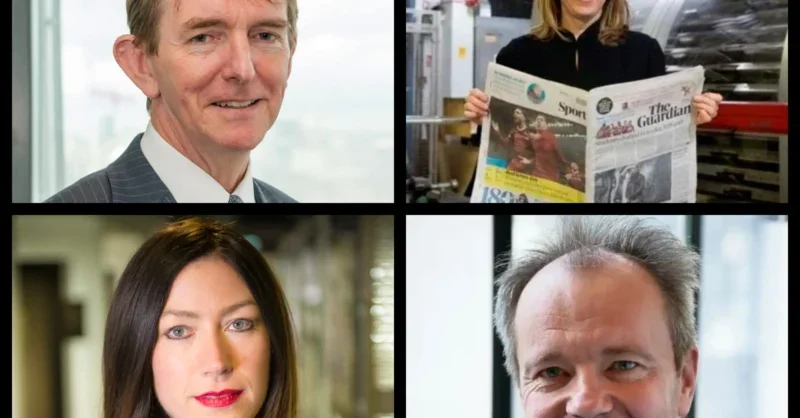


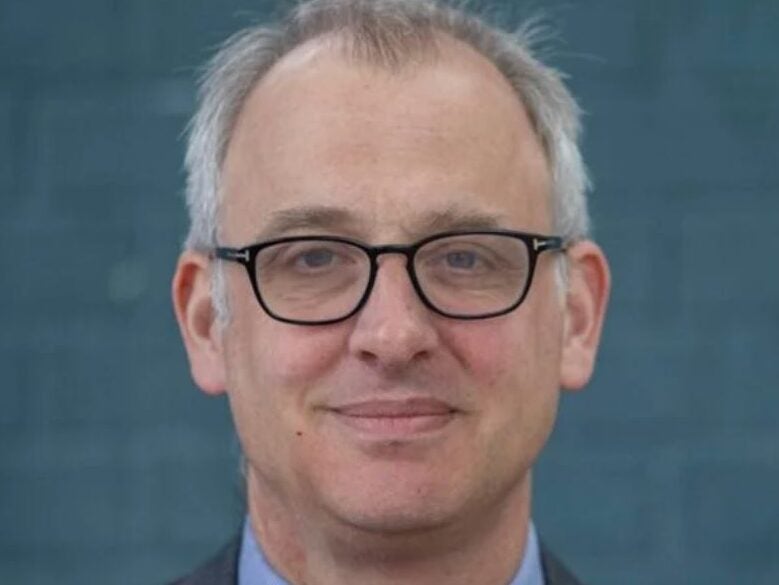




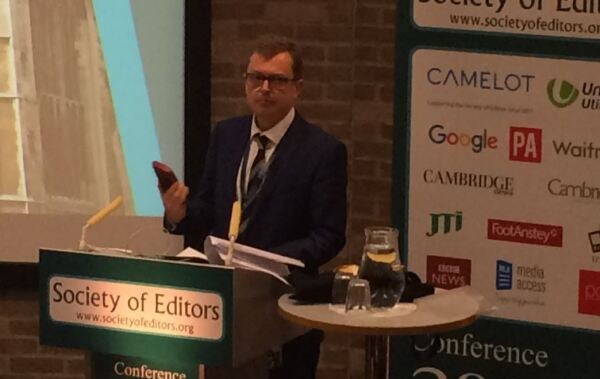
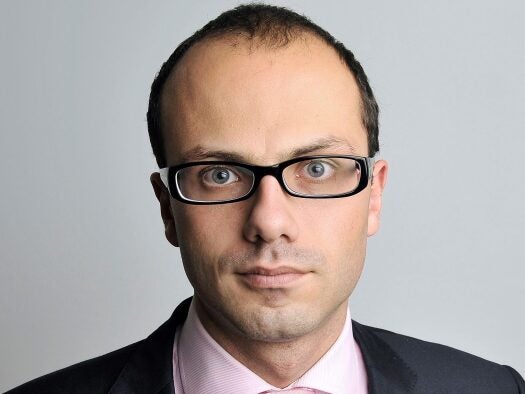







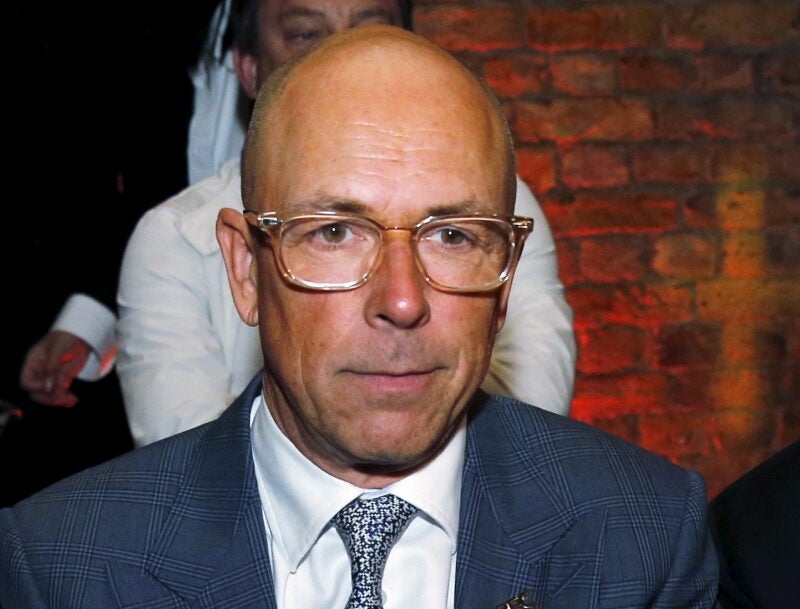



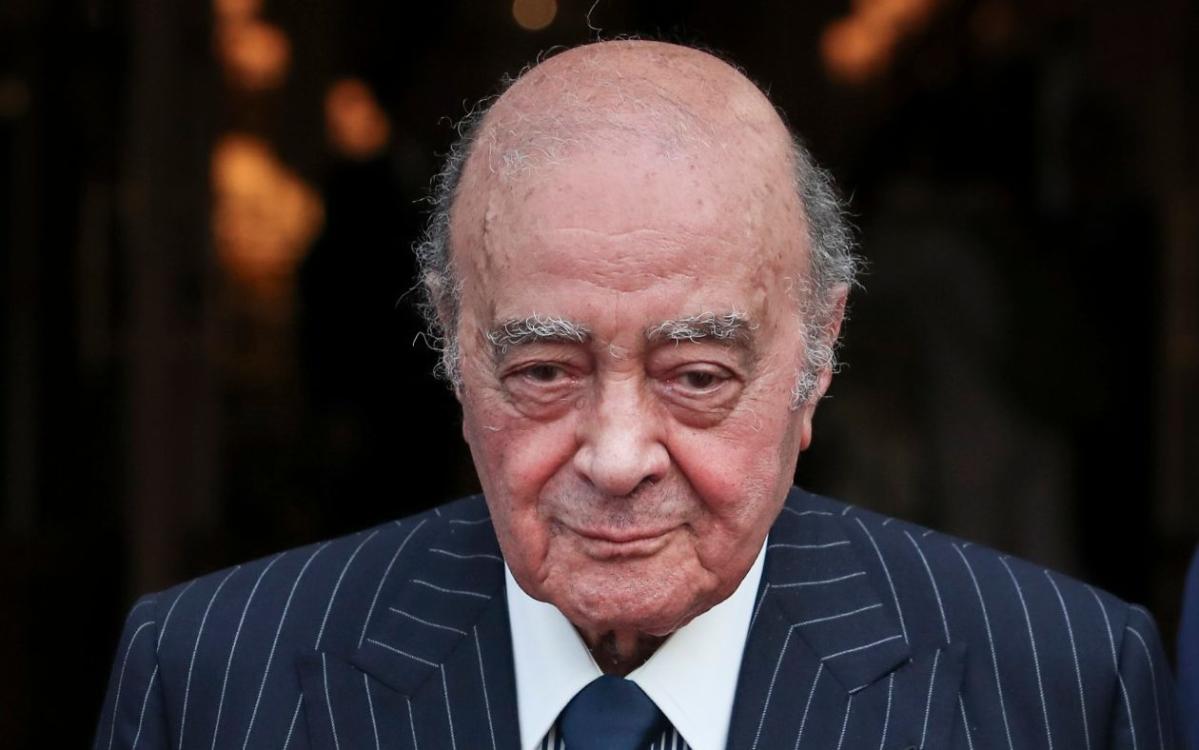
















































































































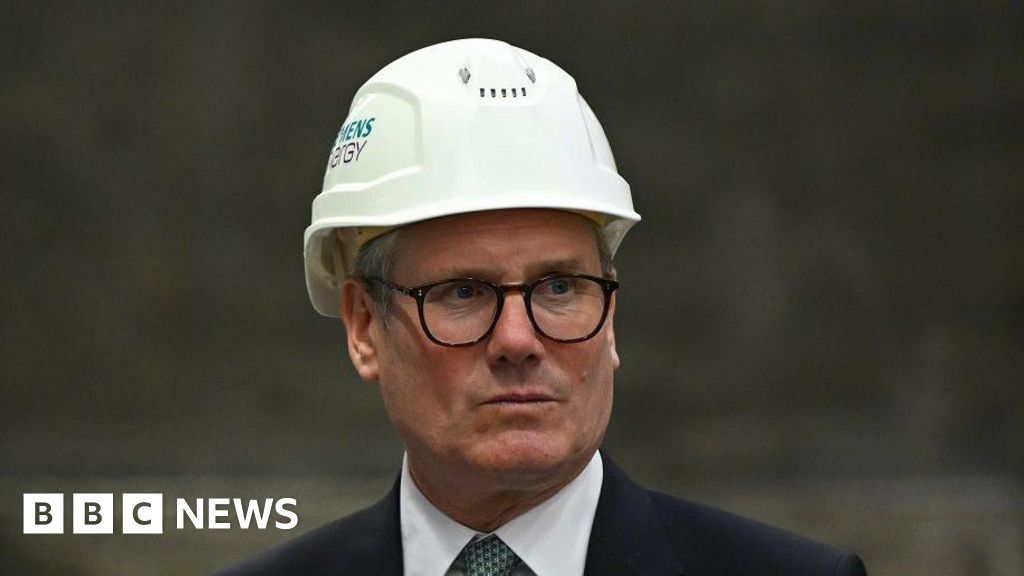












You must be logged in to post a comment Login